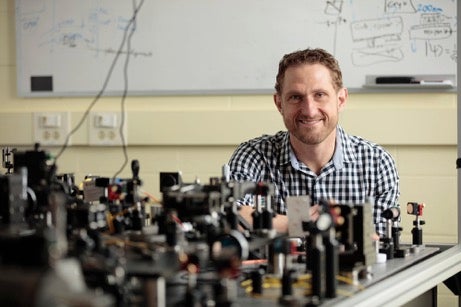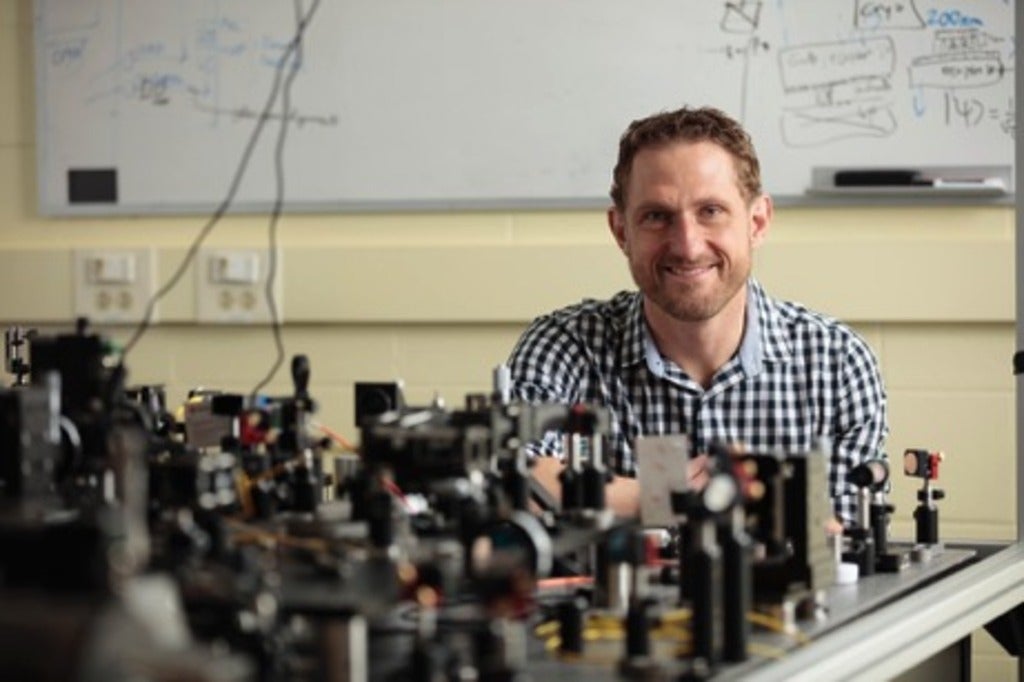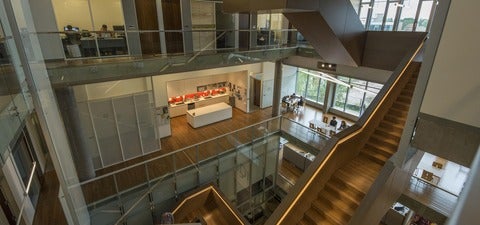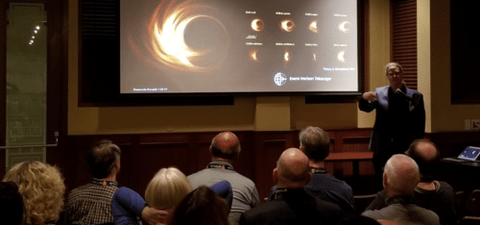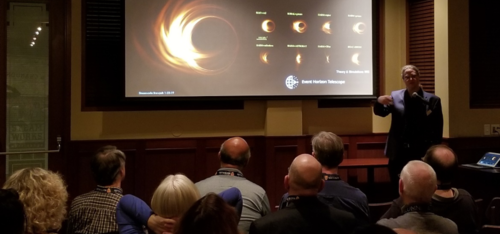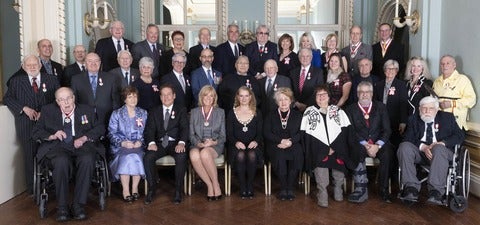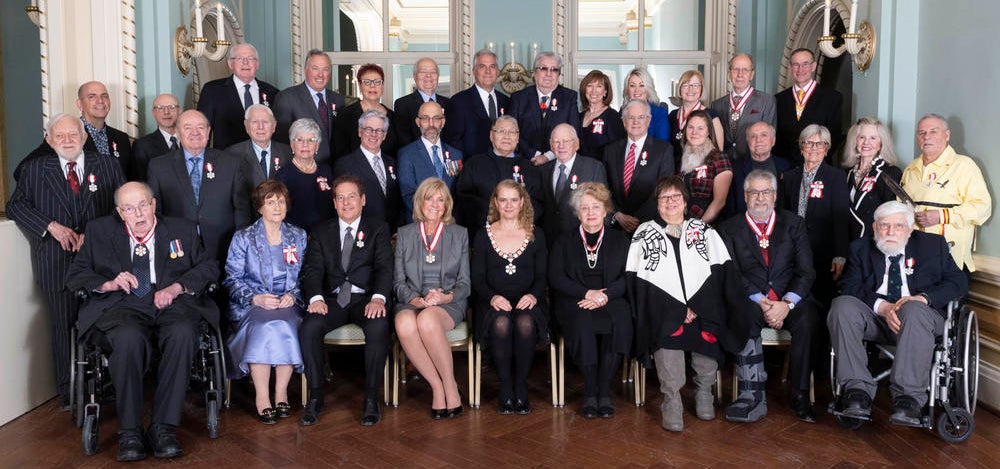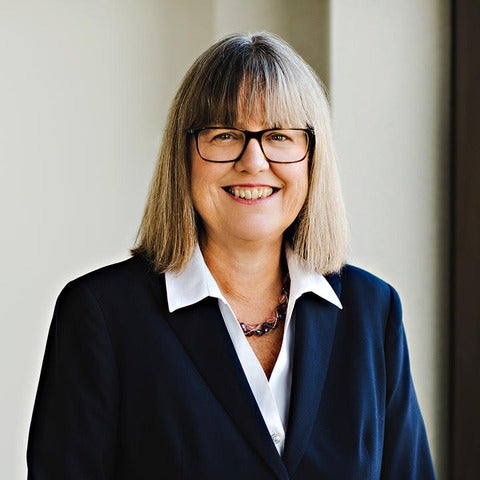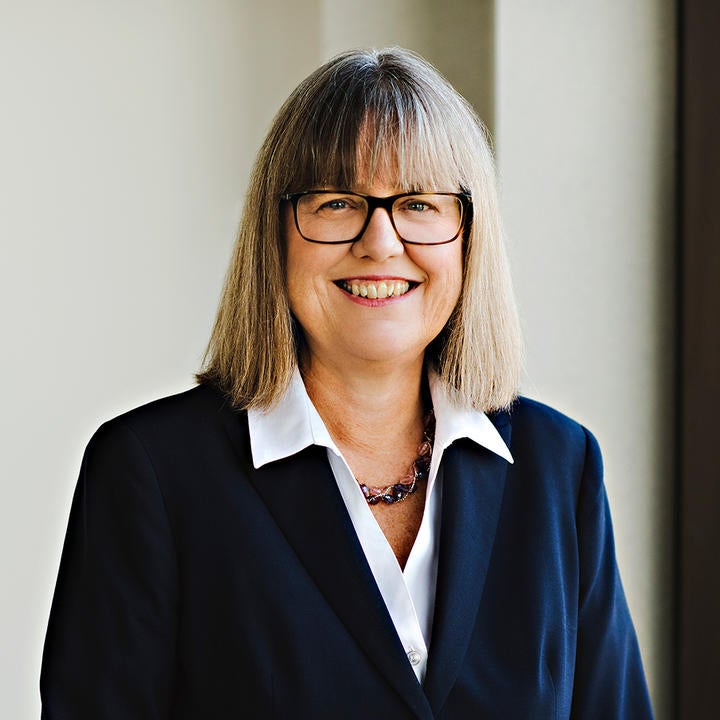The combination of curiosity and rigorous inquiry will lead to our next great invention.
Guest editorial: Donna Strickland, Nobel Laureate in Physics 2018
When the news broke that I was sharing the Nobel Prize for the development of Chirped Pulse Amplification - or CPA - journalists and others asked me about its practical applications. It is understandable that they would want to know how it affects people or the planet, or where they might have seen it before. But in my mind, the fundamental science is at least as important. Certain innovations might not exist without first understanding the physics behind them.
